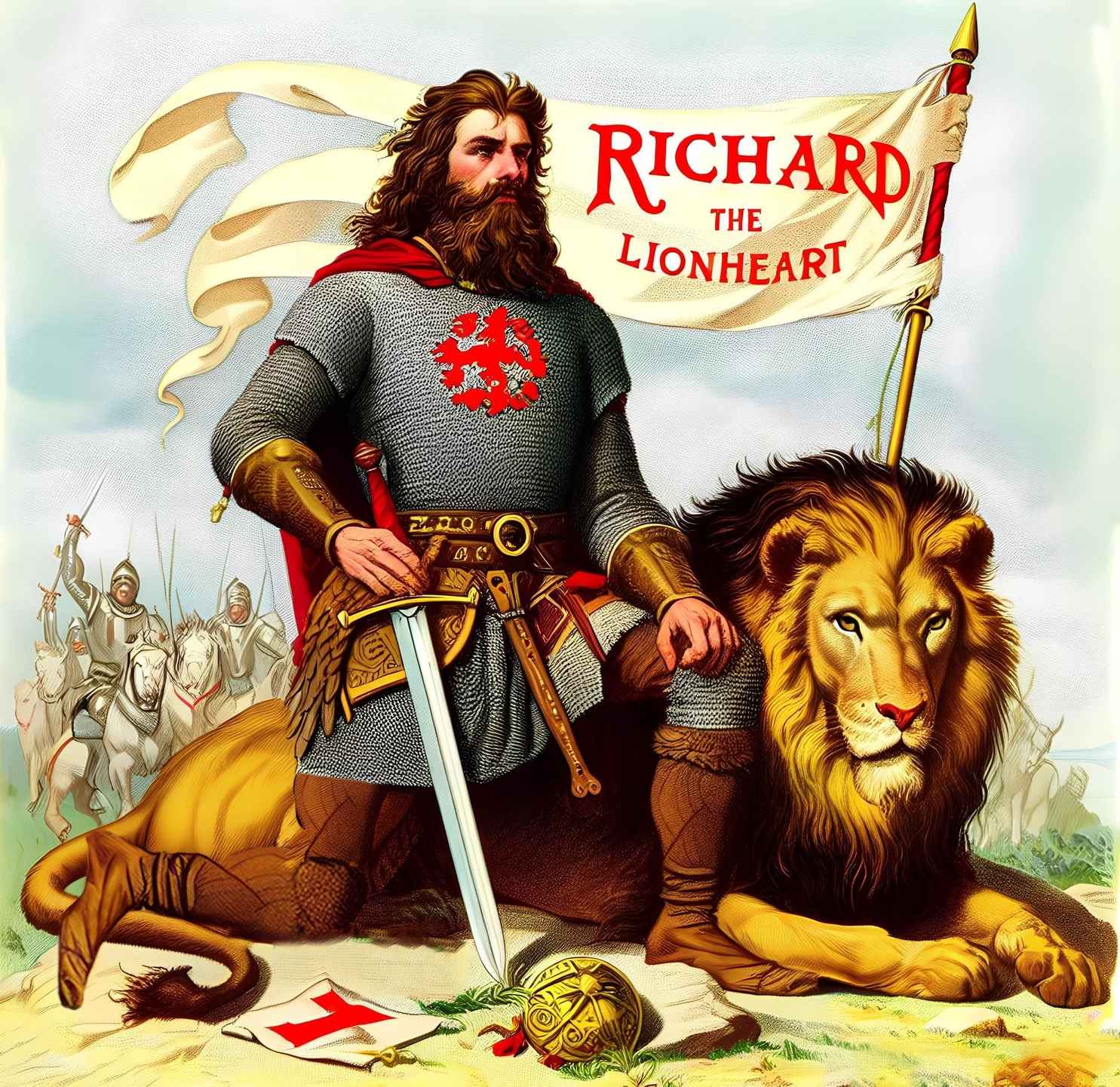How Did Richard Get the Name of Richard the Lionheart?
Richard earned the nickname "Lionheart" due to his incredible bravery and courage in battle. His fearlessness and martial prowess on the battlefield were widely recognized.

Richard earned the nickname "Lionheart" due to his incredible bravery and courage in battle. His fearlessness and martial prowess on the battlefield were widely recognized.



